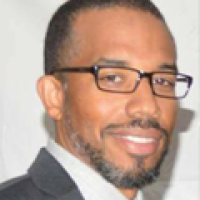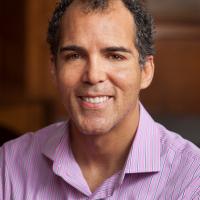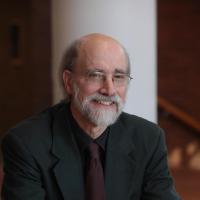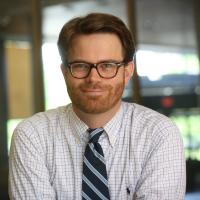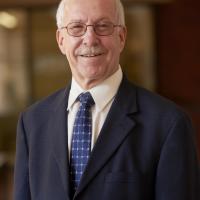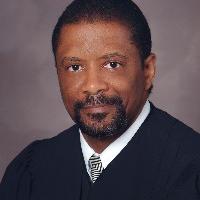Reversing Mass Punishment in America
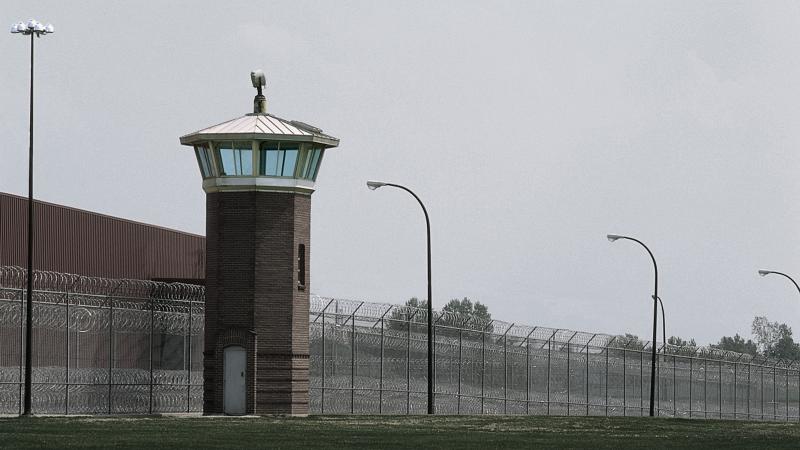
Thank you for joining the Robina Institute on Friday, December 8, 2017, for our 2017 annual conference, "Reversing Mass Punishment in America." View a recording of the conference's welcome and introductory remarks below.
While the United States is the undisputed leader in incarceration rates worldwide, little attention has been paid to other forms of punishment in which America has become a leader including community supervision, revocations from supervision to prison, economic penalties, and collateral consequences of conviction. As an example, the Robina Institute’s comparative research of probation rates between American states and European countries finds that, on average, U.S. probation rates are as much as five times higher than that of Europe. Thus, the issue in America is one of mass punishment, not just mass incarceration.
Since 2011, the Robina Institute has conducted original research in sentencing law and policy that examines this trend toward mass punishment. Our work has focused on studying probation and parole practices and revocations across the United States—in both rural and urban communities; researching and publishing information about the impacts of criminal history enhancements; and providing a unique, online resource that gives an in-depth look at state and federal sentencing guidelines systems. The conference examined some of the issues that contribute to mass punishment and discussed ways in which we can reverse this alarming trend and also reduce racial disproportionality.
Continuing Legal Education (CLE)
4.25 standard and 1.75 elimination of bias CLE credits were approved by the Minnesota State Board of Continuing Legal Education office. Event Code: 250328.
Agenda
8:00 a.m.
Breakfast and Check-In
9:00 a.m.
Welcome
Justice Kathleen Blatz, former Chief Justice, Minnesota Supreme Court; Chair, Robina Foundation
9:05 a.m.
Conference Introduction
Professor Richard Frase, University of Minnesota Law School
9:15 a.m.
Keynote Address
Locking Up Our Own: Crime and Punishment in Black America
Marion Barry, Maxine Waters, Eric Holder, and Johnnie Cochran are not names you would associate with the staggering incarceration rates plaguing black and minority communities across the country. Yet, as James Forman, Jr. writes in his critically-acclaimed new book, Locking Up Our Own, it's undeniable that the urgency and good-intentioned politics of black leaders in the 1970s, 80s, and 90s, as they sought to reduce crime and curb out-of-control drug addiction, has unspooled now, decades later, into a devastating tally of young men whose lives have been lost to the penal system. Weaving data and history with human stories, Forman’s book builds on his work as a public defender in Washington, D.C., a founder of a charter school for incarcerated teens, and a law professor.
This keynote address—and Professor Forman's book—challenged the conference audience to think about ways they can contribute to change in our current criminal justice system.
10:05 a.m.
Break
10:15 a.m.
Plenary
American Exceptionalism in Mass Punishment
Professor Kevin R. Reitz, University of Minnesota Law School
In the mid- and late twentieth century, the United States diverged markedly from other Western nations first in its high rates of serious violent crime and soon after in the severity of its criminal punishments. This has left a legacy of American exceptionalism in crime and punishment for the new century. It is well known that the United States has the highest incarceration rate in the world with a nationwide rate seven times the Western European average. Less well known, U.S. probation and parole supervision rates now stand at 5-to-10 times the European average. Moreover, economic sanctions have expanded in many American jurisdictions, and are increasingly used as revenue sources for local governments, courts, and criminal justice agencies. These uses of economic penalties are not replicated in other advanced democracies. Finally, all states and the federal government have adopted hundreds of civil disabilities that are applied to ex-offenders, called “collateral consequences of conviction.” Once again, the breadth and weight of these civil measures appear to be unique to America.
Since the early 2000s, the term “mass incarceration” has gained wide circulation in the U.S. It is more realistic to see “mass punishment” as a uniquely American phenomenon.
11:15 a.m.
Plenary
Racial Disproportionality in Punishment
Professor Richard S. Frase, University of Minnesota Law School
Hon. Pamela Alexander, 4th Judicial District, Hennepin County, MN
Dr. Ashley Nellis, The Sentencing Project
African American and Native American offenders are incarcerated at much higher rates than white offenders. Racial disproportionality is evident at all stages of criminal justice processing, beginning with arrest, and in many systems, it grows worse at each successive stage of processing. One major contributor to disparity increases at the point of sentencing is penalty enhancement based on the offender’s prior conviction record; since African American and Native American offenders tend to have higher criminal history scores, these sentence enhancements have a very substantial disparate impact, greatly contributing to the problem of disproportionate minority confinement. Some criminal laws also have disparate impacts on minority offenders. This session discussed research on racial disparity and disparate impacts in criminal justice, and examined ways to mitigate these impacts.
12:15 p.m.
Lunch
1:15 p.m.
Break-Out Session 1
Sentencing Guidelines Systems: Leading the Way with the Minnesota Model
Kelly Lyn Mitchell, University of Minnesota Law School
Bennet Wright, Executive Director, Alabama Sentencing Commission
Scott Schultz, Executive Director, Kansas Sentencing Guidelines Commission
Minnesota was the first state to enact sentencing guidelines in 1980. Since then, multiple states, the federal government, and Washington, D.C. have followed suit. But just as no state or jurisdiction is the same, no two sets of sentencing guidelines are the same. Some are mandatory, requiring adherence, whereas others are advisory, representing a mere starting point for the court. Some are enforced by appeal; others are not. And the rules that make up the core of sentencing guidelines (e.g., how the criminal history score is calculated, availability of departures, whether consecutive sentencing is permitted) vary substantially from jurisdiction to jurisdiction. This session covered some of the major features of sentencing guidelines systems in the U.S. and demonstrated that although Minnesota’s system continues to be the model to be emulated, the model could be improved even further.
Recording
Speakers & Moderators
Materials
Contact
If you have additional questions, please email us at [email protected] or call 612-626-6600.


